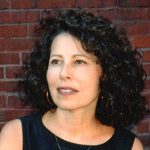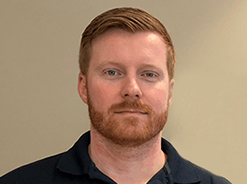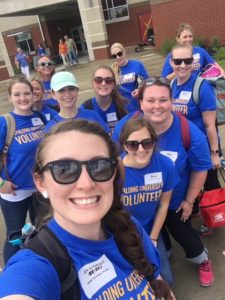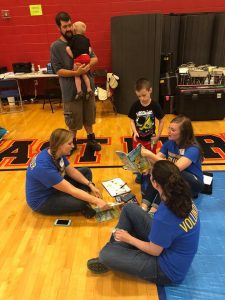With Spalding University approaching the 100-year anniversary of the creation of its downtown campus, members of the university community will have an opportunity on Nov. 8 to learn more about the history of Spalding and its continued focus on compassion and social justice.
President Tori Murden McClure will host the “Changing Our World through Courage and Compassion: Historical and Current Realities” presentation and community conversation from 2-4:15 p.m. Nov. 8 in the College Street Cafe. The event is sponsored by the Center for Peace and Spiritual Renewal and the Office of the Graduate Dean.
Sister Frances Krumpelman, the historian for the Sisters of Charity of Nazareth, which is Spalding’s founding body, will begin the program with a presentation about the university’s history.
Then McClure will lead a talk about present-day issues and challenges and opportunities to change the world through courage and compassion and the lessons we can learn from the Sisters’ example.
Chandra Irvin, Director of the Center for Peace and Spiritual Renewal, said Sister Frances “tells a captivating and compelling story of the courage and compassion which led to Spalding’s founding despite difficulty times. ”
Center for Peace and Spiritual Renewal Program Coordinator Liz Anderson said that attendees can expect Sister Frances to share stories about the compassion that inspired Mother Catherine Spalding to found Spalding University and the courage it took to make that a reality in 1814.
“It is so important, especially as Spalding approaches it’s 100-year downtown anniversary, for us to remember the vision and mission of Mother Catherine, know that we are standing on the shoulders of giants and be inspired to continue the work that she and her fellow Sisters of Charity of Nazareth began all those years ago,” Anderson said.
Anderson said that after Sister Frances’ presentation, the community will participate in talking circles that will consist of structured reflection and sharing around the importance of the courage and compassion we can (or maybe can’t) find in our own lives. The discussion, Anderson said, will challenge the group to continue carrying out the mission to meet the needs of the times that began with Mother Catherine.
“As we approach our 100-year anniversary in Louisville, it is important to reflect on how we are writing our own chapter in Spalding’s history,” Irvin said. “… As President McClure has said, the degree to which we embody both courage and compassion in our time will determine how our chapter will be read the future.”



